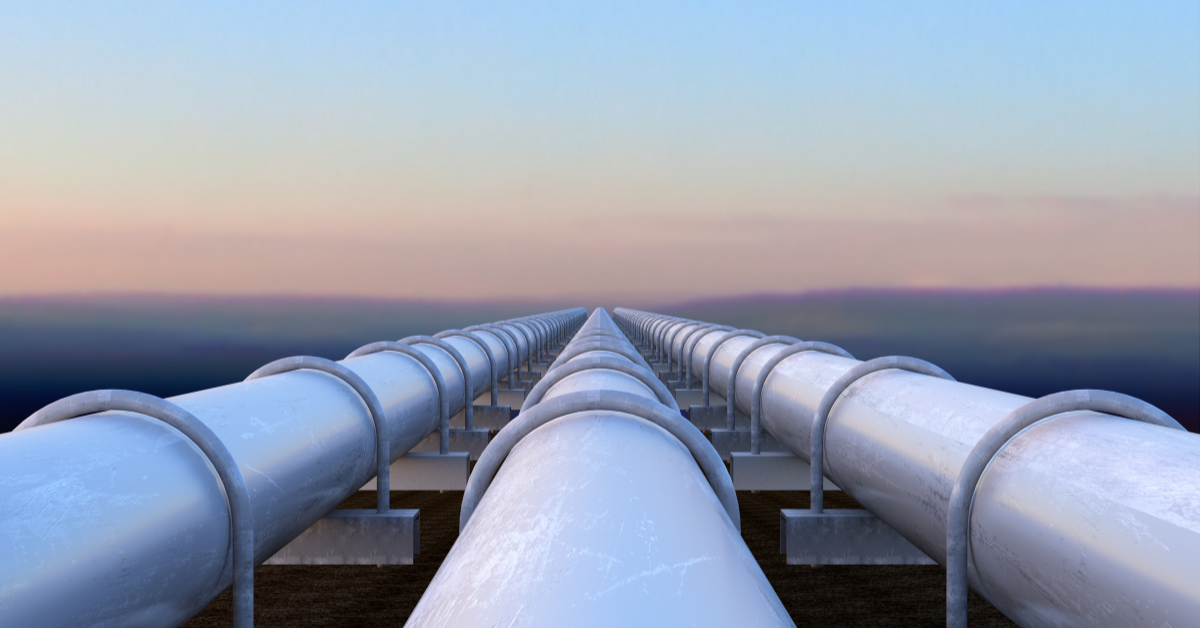Alberta’s new pipeline announcement has reignited a national question: can Canada work together to build the major projects it says it wants?
Last week, Premier Danielle Smith committed $14 million in provincial funding as a proponent to develop a proposal for a new oil pipeline to British Columbia’s northwest coast under the Building Canada Act. The project aims to open access to Asian markets and strengthens Canada’s long-term trade infrastructure.
The response has revealed just how complex ‘building together’ can be. B.C. Premier David Eby cautioned that Alberta’s proposal remains a concept, not a project, and risks distracting from existing developments already in varying stages of approval. He’s underscored that B.C. must focus on real projects underway and that reopening debates over the federal tanker ban could undermine trust with Indigenous nations currently partnering on those initiatives.
Relationships with Indigenous communities involved in B.C.’s active projects are delicate, and views on Alberta’s proposed pipeline differ sharply across regions. Leaders such as Dale Swampy of the Samson Cree Nation, who supports the idea stand in contrast to Coastal First Nations, the Haisla Nation, the Gitxaała Nation, and the Union of B.C. Indian Chiefs, which have all expressed opposition. The mix of views underscores that none of this is simple.
The challenge lies in whether governments, provincial and federal, and Indigenous stakeholders can align to turn ‘build now’ ideas into real progress. This pipeline proposal also illuminates the existing federal policies Premier Smith is saying need to be amended or eliminated for projects like this to be successful:
- Bill C-48 – Oil Tanker Moratorium Act: prohibits large oil tankers from stopping, loading, or unloading at ports and marine installations along British Columbia’s north coast.
- Bill C-69 – The Impact Assessment Act: known by some as the ‘no pipelines act’ that adds unpredictable and lengthy regulatory layers that deter investors and delay approvals.
- The federal emissions cap: risks forcing production cuts as Canada seeks to grow export capacity.
Together, these measures have created uncertainty, slowed investment, and left private proponents hesitant to step in.
Our research shows 85 per cent of engaged women agree Canada should prioritize building pipelines and refining capacity within the country to reduce reliance on the US and strengthen energy independence. Whether this pipeline advances will show if Canada can truly work together to build the economy Canadians are being told to expect.
